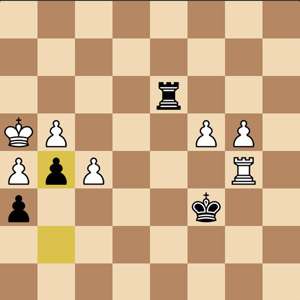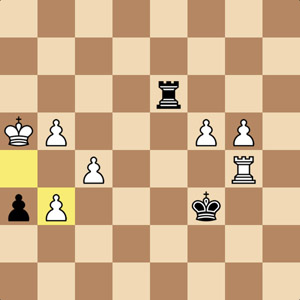I made a check with a pawn that was subject to an en passant movement.
The check led to a checkmate, but the rules at chess.com didn't count it as a checkmate but let the opponent make his move. He took the pawn with his pawn with an en passant movement.
It seemed a bit strange to me because, I thought that in this case the check mate would be valid, and I wonder what happens in the case the opponent plays some other piece, does the checkmate become valid?
Or he is obliged (no other move allowed) to make the "en passant" movement even in the possibility he is not aware of the en-passant type of movement? (In this case I suppose the game is won, anyway)
My idea is that the rule is wrong in this case, the check mate should be counted as valid even if the idea of the en passant is that the movement ends at the time the opponent plays, but I think in this case the king is dead.


